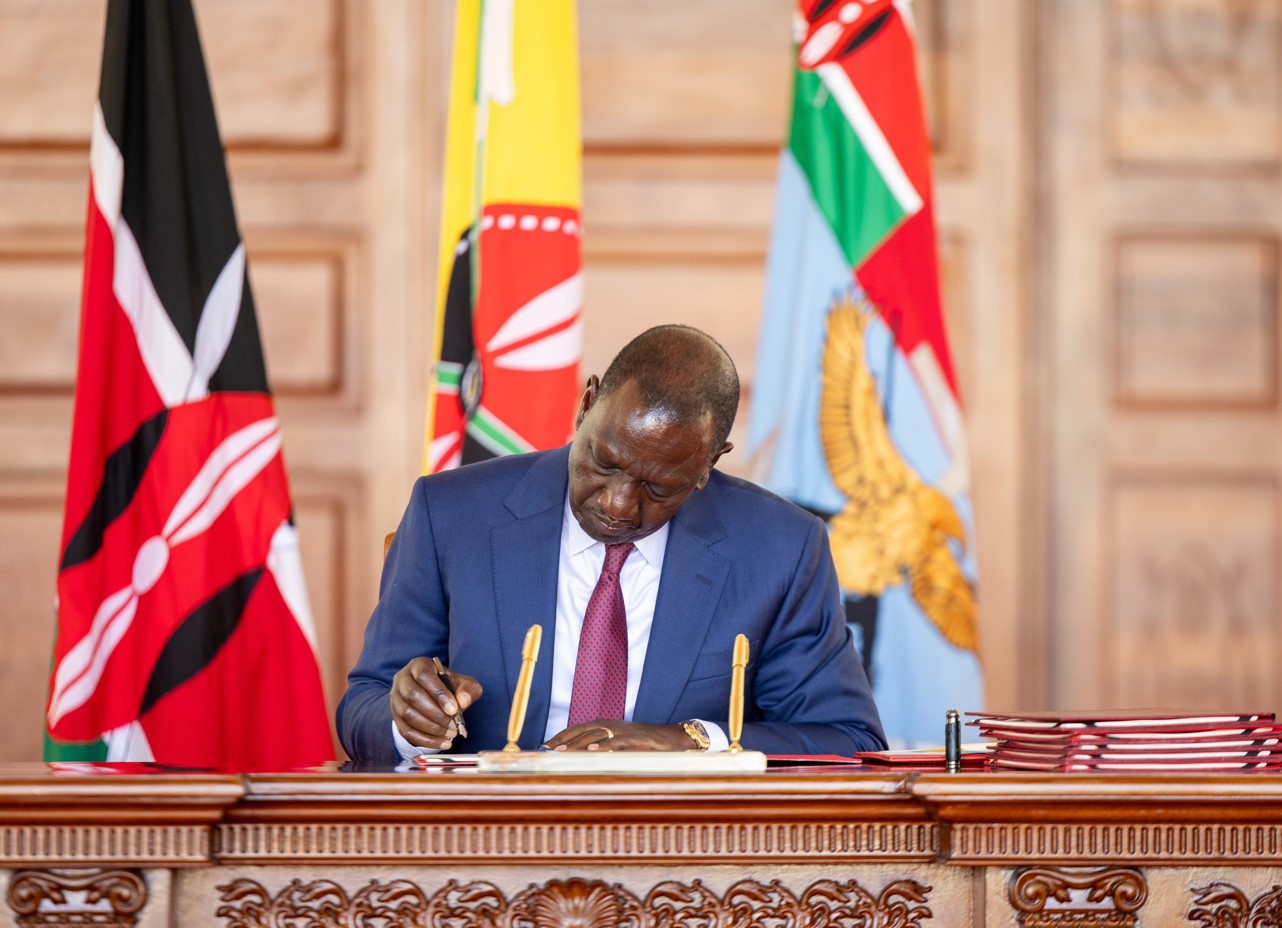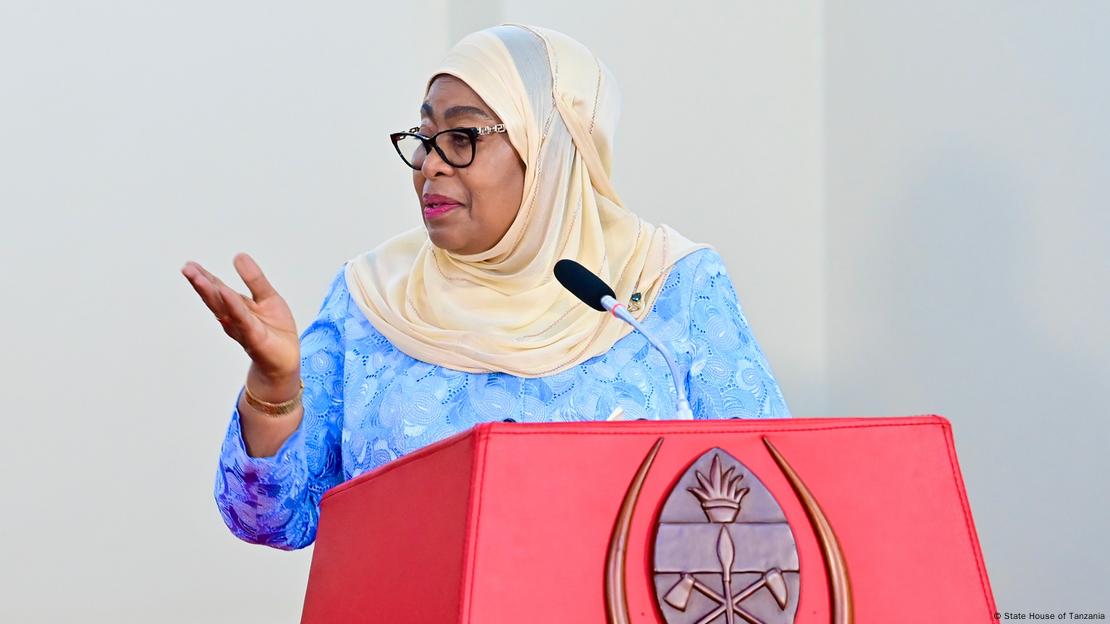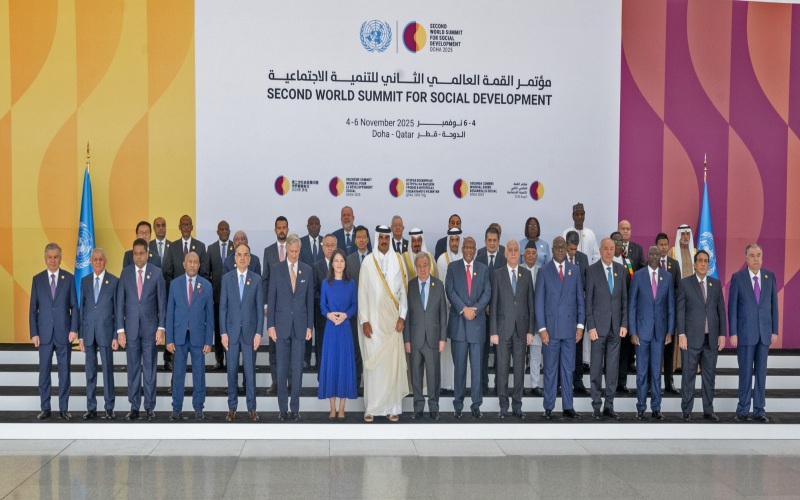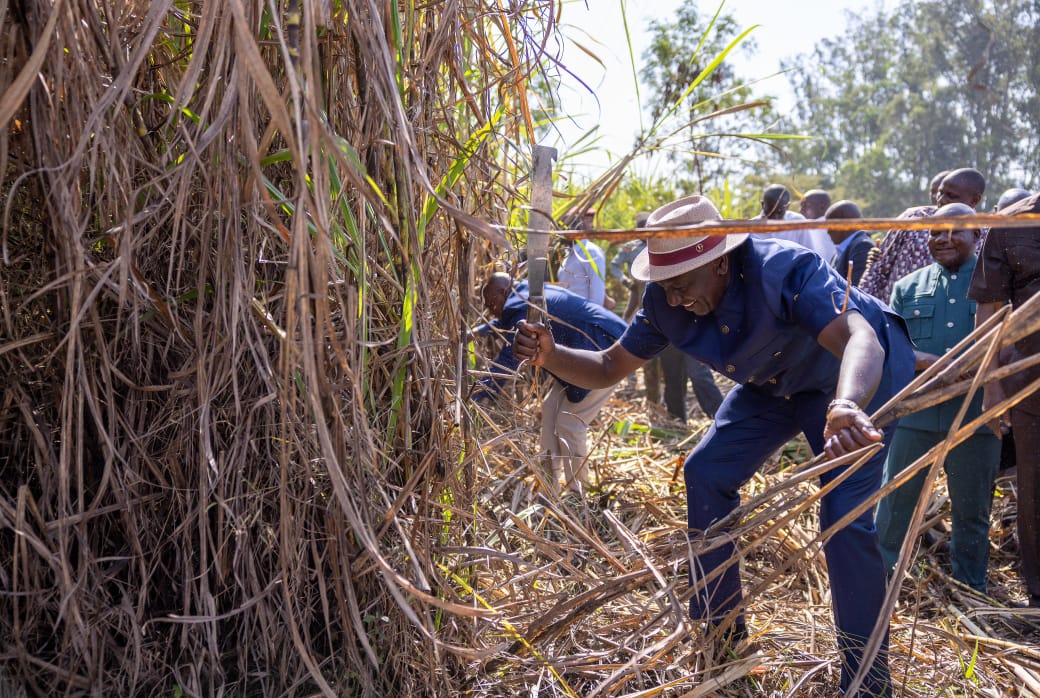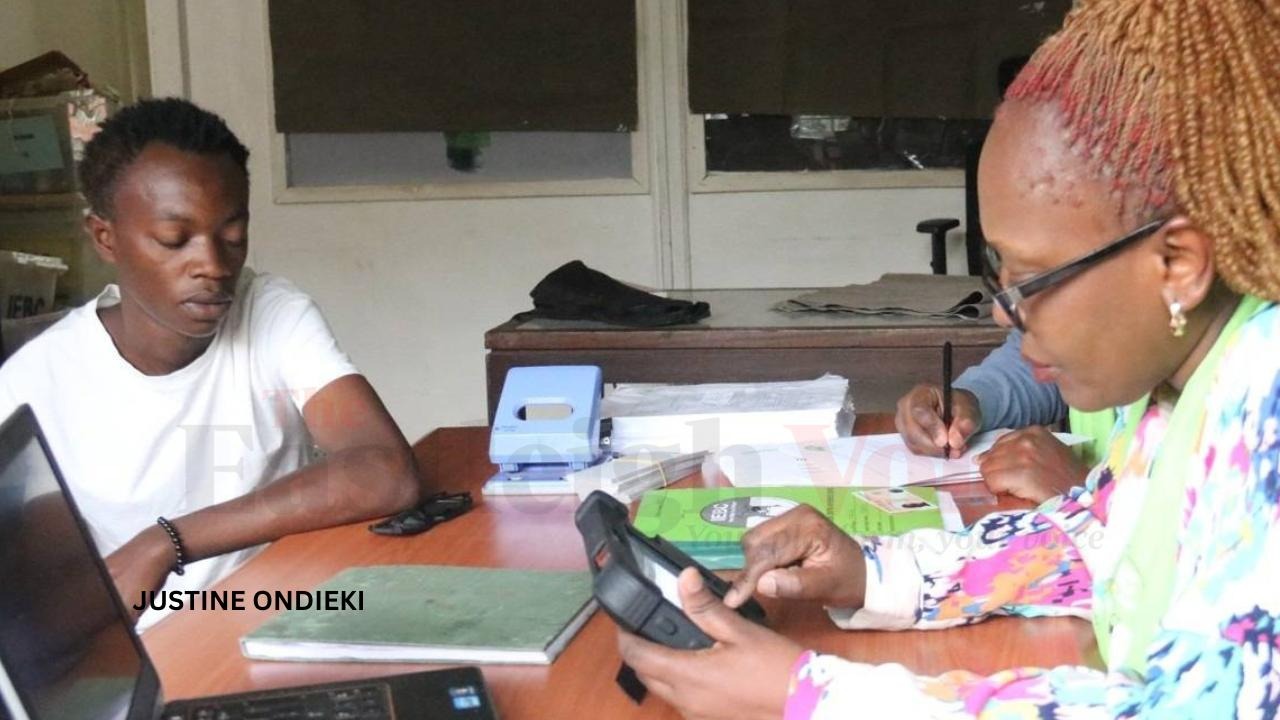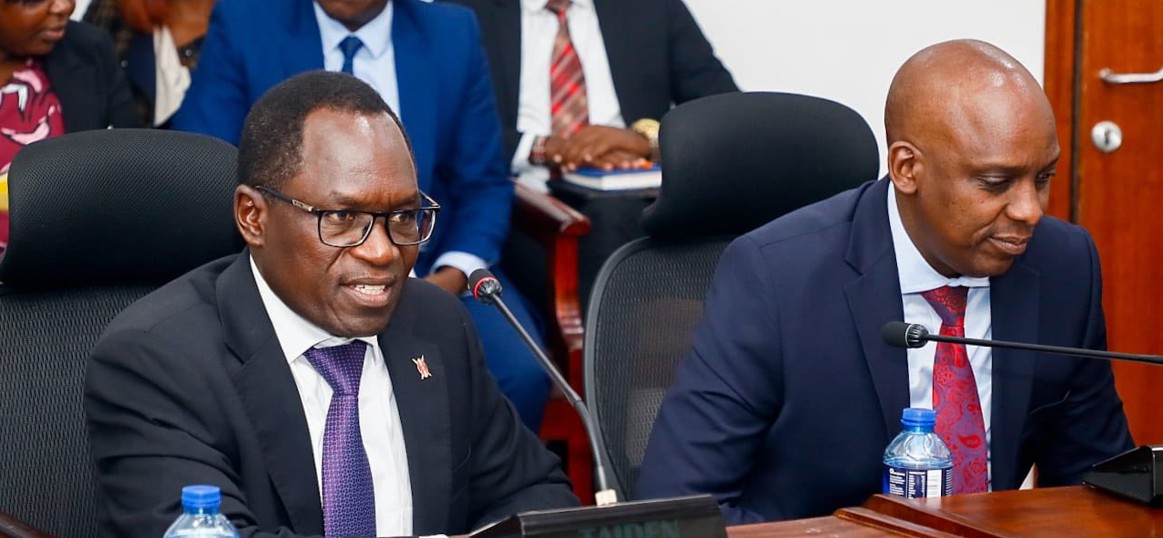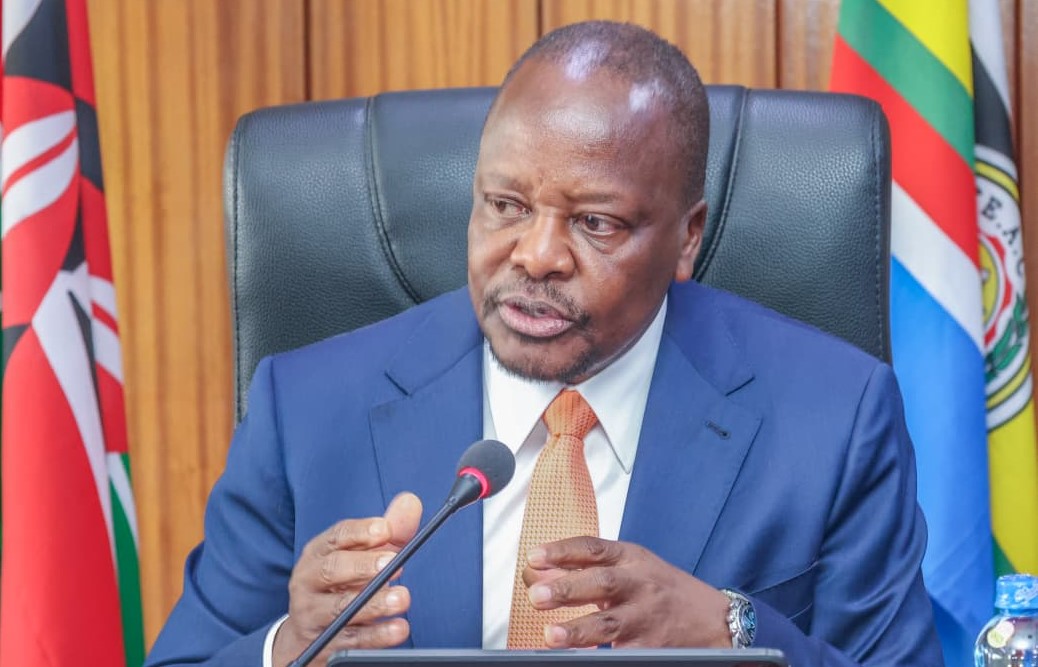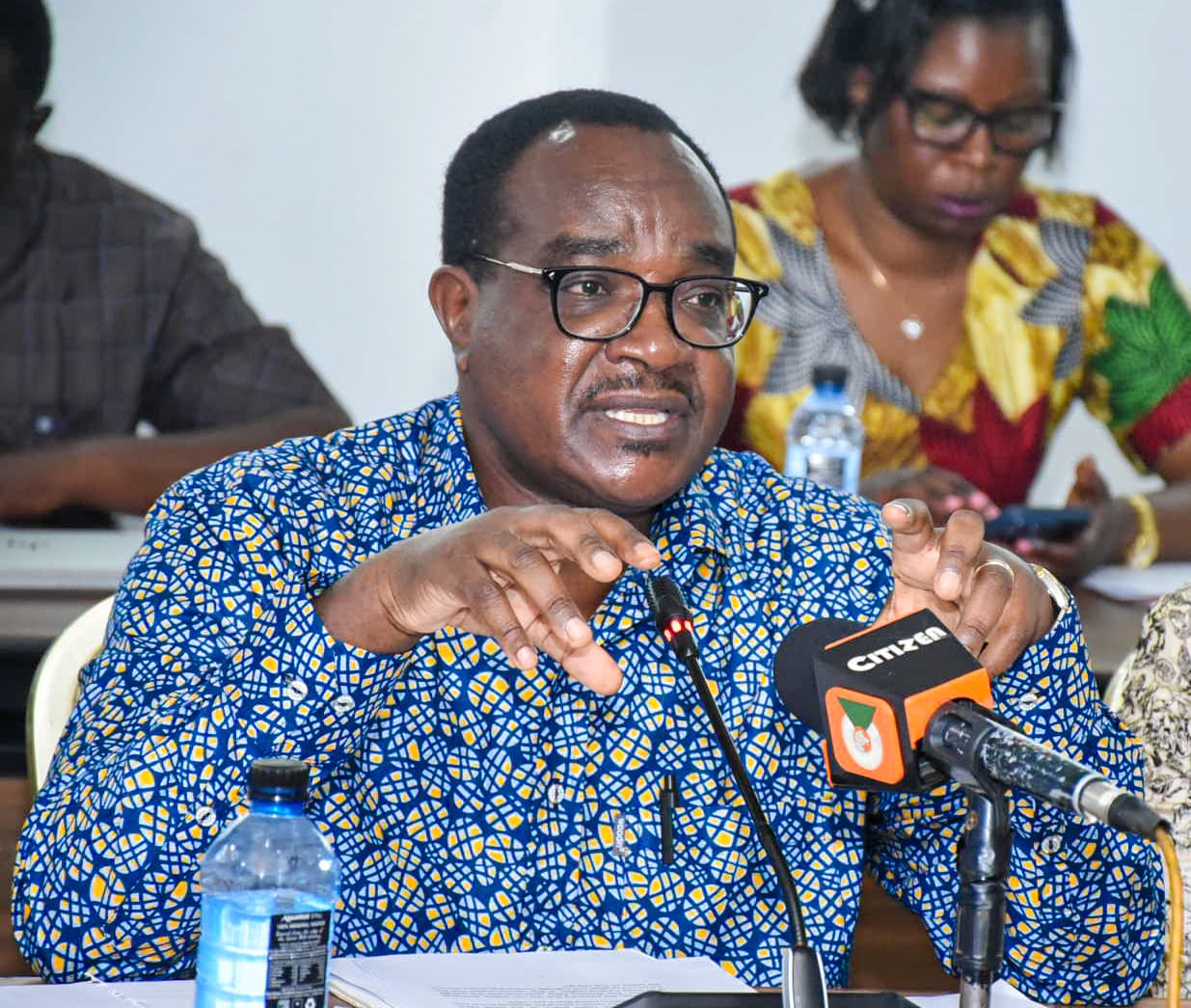OPINION: Give full scholarships to the needy in northern Kenya

While bursaries provide partial financial assistance, they often fall short of addressing the comprehensive needs of students from disadvantaged backgrounds.
In the quest to break the cycle of poverty and unlock the potential of northern Kenya's youth, county governments must recognise the limitations of traditional bursary programmes and embrace the transformative power of full scholarships.
While bursaries provide partial financial assistance, they often fall short of addressing the comprehensive needs of students from disadvantaged backgrounds. To level the playing field and ensure bright minds pursue their academic dreams unencumbered, northern Kenyan counties must shift their focus towards offering full scholarships that cover all aspects of secondary school education.
More To Read
- Northern Kenya mourns Raila, remembers his legacy of inclusion and justice
- Treasury rolls out new plan to expand financial inclusion in Northern Kenya
- Multi-agency team recovers 17 stolen goats in Marsabit, suspect arrested
- Extended drought resilience programme targets to protect 255,000 in Turkana, Marsabit
- Why Lagdera MP Abdikadir Hussein believes CDF funds are a game changer to Northern Kenya
- Kindiki inspects Sh100 billion Isiolo–Mandera Highway, says region poised for growth
The rationale for this paradigm shift is compelling. For students from impoverished families, the costs associated with secondary education extend beyond payment of a small proportion of tuition fees.
Bursaries, while helpful, often leave a significant financial gap that families must bridge. This gap can force students to drop out of school or compromise their academic performance as they grapple with the stress of financial insecurity.
In contrast, full scholarships provide a holistic solution that addresses the multifaceted challenges faced by underprivileged students. By covering all educational expenses for the duration of secondary school, full scholarships alleviate the financial burden on families and allow students to focus solely on their studies.
This comprehensive support system not only improves access to education but also enhances the likelihood of academic success and completion. Students who do not have to worry about the constant threat of being sent home for lack of fees can devote their energies to learning and personal growth.
Marsabit County has set a remarkable example with its annual scholarship initiative, which has been a beacon of hope for thousands of underprivileged students since its launch in 2019.
Under the leadership of Governor Mohamud Ali, the county has consistently prioritised comprehensive educational support, allocating substantial resources to provide full scholarships covering tuition, room and board, and other essential expenses for the entire duration of secondary education.
What sets Marsabit County's programme apart is its ambition. This is not tokenistic support, but a bold commitment backed by substantial resources. Since the programme's inception, Governor Ali's administration has allocated over Sh360 million, supporting 2,690 students from disadvantaged backgrounds.
In 2023, amidst a ravaging drought, Marsabit County recognised the importance of expanding the number of scholarships to over 1,000 beneficiaries at a tune of Sh143 million. This sustained, large-scale funding demonstrates that the county is not just paying rhetorical lip service to education, but is willing to put real budgetary muscle behind making secondary school accessible.
The impact of these full scholarships will reverberate far beyond the individual recipients. Each student who completes secondary school thanks to this support will be equipped with knowledge and skills that expand their livelihood opportunities.
In a region where pastoralism and subsistence agriculture have long been the default options, education opens up possibilities for youth to participate in a wider range of economic sectors. This economic mobility effect will be magnified as alumni of the scholarship programme are empowered to lift their families and communities.
Educated youth will become the entrepreneurs, professionals, and community leaders who will drive the region's development forward.
The northern counties of Wajir, Mandera, Marsabit, Garissa, and Isiolo receive substantial allocations from the national exchequer, reflecting their unique developmental needs and the government's commitment to addressing regional disparities.
The billions in allocation represent a significant financial resource base that these counties can leverage to drive transformative change in various sectors, including education.
By earmarking a portion of their budgets for comprehensive programmes that offer full scholarships to bright but underprivileged students, these counties can make a lasting investment in human capital development.
The long-term socio-economic returns of such an initiative are immeasurable, as it has the potential to break the cycle of poverty, empower the youth, and catalyse regional growth.
The leadership of northern Kenya counties must recognise that the key to unlocking their potential lies in prioritising education. By moving beyond the limitations of traditional bursary programmes and embracing the transformative power of full scholarships, these counties can create a level playing field where merit and potential can flourish.
The time for incremental change is past; bold action is needed to harness the untapped talent of the region's youth.
Of course, scholarships alone are not a panacea. Counties must also invest in educational quality — building adequate school infrastructure, training and motivating teachers, and integrating relevant vocational skills into the curriculum. An educated youth population without access to decent job opportunities risks squandering human potential.
The writer is a public policy specialist and a management consultant.
Top Stories Today

